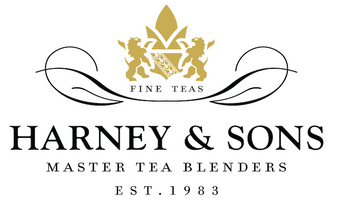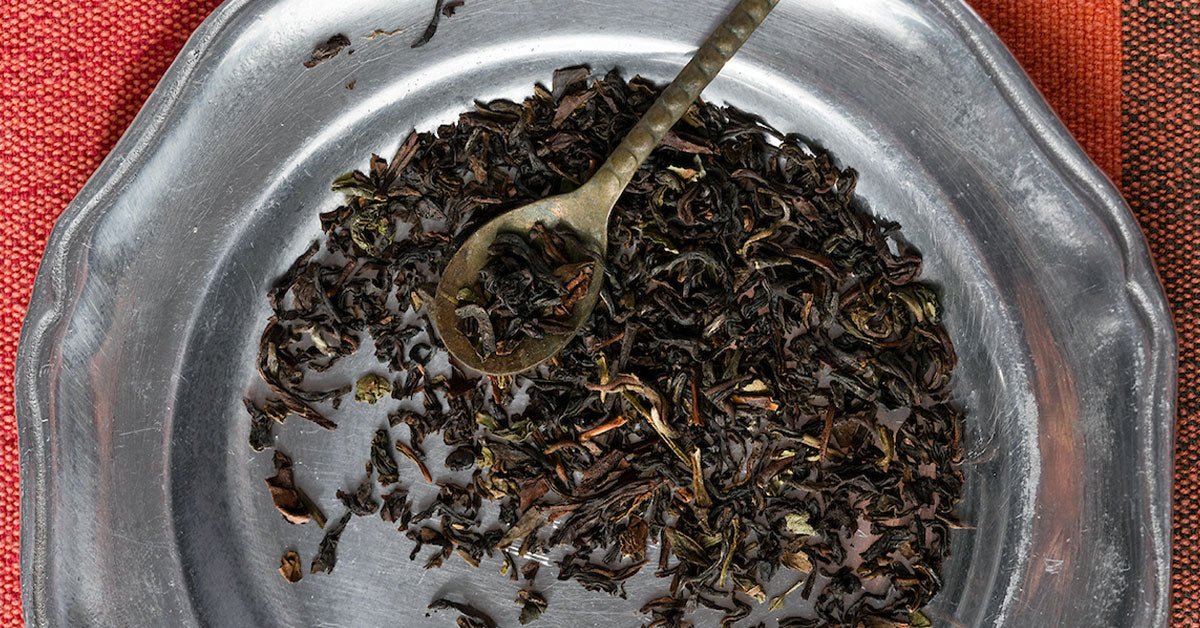Never heard of nootropics? If you’re thinking it’s the name of one of Ben Stiller’s movies, those would be Zoolander or Tropic Thunder (but not bad guesses!). While movies can often stimulate your brain, nootropics are something different altogether.
Nootropics, sometimes called “smart drugs,” are a class of substances that can boost brain performance. A Romanian scientist named Corneliu Giurgea who studied the brain and aging over the years coined the term “nootropics” in 1972. Derived from the Greek words “nóos” meaning “mind” and “tropé” meaning “a turning,” he came up with this term to describe a new classification of molecules that acted selectively toward the brain’s higher-level integrative activity.
In order for a product to qualify as a nootropic, the substances should:
- Enhance learning and memory
- Enhance the resistance of learned behaviors/memories to conditions that tend to disrupt them
- Protect the brain against various physical or chemical injuries
- Enhance natural cognitive function
- Lack the usual pharmacology of other psychotropic drugs and possess very few side effects and have extremely low toxicity
There are two categories of nootropics: prescription and over-the-counter (OTC).
Prescription Nootropics
Prescription nootropics are medications that have stimulant effects and are often prescribed for conditions such as attention deficit hyperactivity disorder (ADHD), narcolepsy or Alzheimer’s disease. A physician will, of course, prescribe a nootropic when determined as a proper course of treatment.

OTC Nootropics
There are non-prescription substances that can enhance brain performance or focus – like caffeine and creatine – that are categorized as nootropics. While these OTC nootropics don’t treat disease or disorders, they contain properties that can achieve some of the elements listed above, like boosting mental focus.
Many teas contain natural chemicals or properties that are classified as nootropics. The two primary ones are:
- L-theanine. This amino acid, most often found in tea plants (and most abundantly in black and green teas), is believed to act as a neurotransmitter that induces relaxation, increases concentration and soothes as it stimulates. The l-theanine in tea makes it a milder, more beneficial pick-me-up than coffee.
- Caffeine. We all know about the benefits of caffeine, when taken in moderation. Caffeine, also a nootropic, can provide clarity and mental focus, and while we’ve wished at some point that it would help us perform better on a test, those results are inconclusive. Where tea again has an advantage over coffee is that the combination of caffeine and l-theanine provide both stimulation and simultaneous relaxation for a smoother experience than caffeine alone.
CBD
Another non-prescription nootropic is CBD. While it is not naturally found in tea, it is found in our all-natural hemp products from our sister company, The Hemp Division. CBD is widely believed to relax the body and elevate mood. Here’s the science in a nutshell:
CBD stands for “cannabidiol,” and it’s one of the cannabinoids found in cannabis plants. Cannabinoids are active compounds in the cannabis plant that interact with our body’s endocannabinoid receptors to produce effects, mimicking the body’s own neurotransmitters.

The endocannabinoid system (ECS) is a complex cell-signaling system that plays a role in regulating a wide range of functions and processes, including sleep, mood, appetite, memory, reproduction and fertility. Endocannabinoids are molecules made by your body. They are similar to cannabinoids except they’re produced by your body and not the cannabis plant. Endocannabinoid receptors are found throughout your body. Endocannabinoids bind to them in order to signal that the ECS needs to take action. Cannabinoids also bind to certain receptors.
There are over 100 different types of cannabinoids in the cannabis plant. THC is the one that makes you “high.” CBD, while related to THC, does not have that effect, but it does interact with your body’s neurotransmitters to help you focus and relax. And that’s why it’s a nootropic!
Other non-prescription nootropics include omega-3 fatty acids, ginkgo biloba, creatine and synthetic compounds called racetams. When purchasing products that claim to have nootropics, buyer beware of possible advertising fraud and marketing scams; only buy from sources you trust.
One of the sources we hope you know you can always trust is Harney & Sons! The teas we have in our Nootropics Collection have only naturally occurring stimulants like caffeine, l-theanine (also found in mushrooms and therefore in our Chaga Wonder and Chaga Mushroom blends), CBD and ginkgo.
Now that you know about nootropics, you can enjoy many of your favorite teas and tisanes even more with the knowledge that they not only taste wonderful, they can also provide some brain benefits – something we can all use more of, right?




